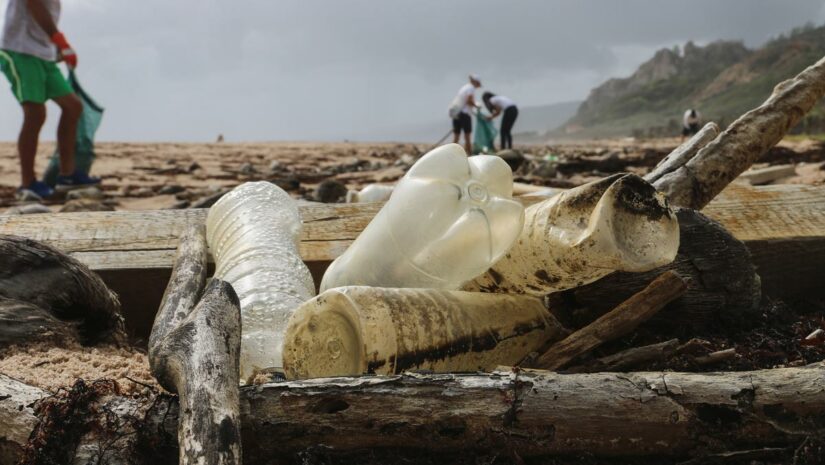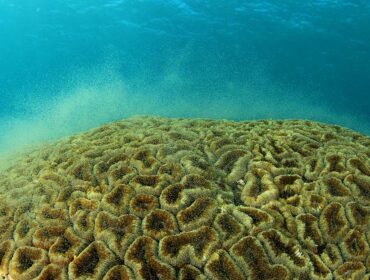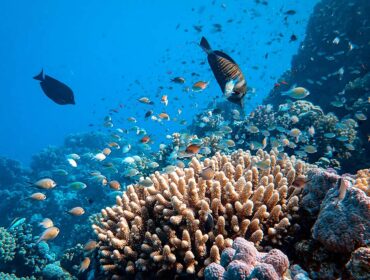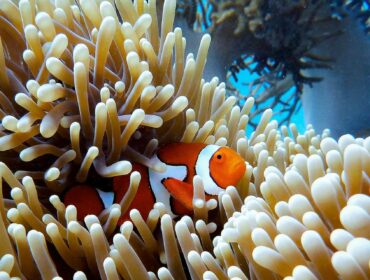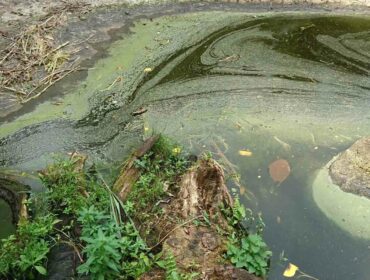Plastic has become a burgeoning problem for our planet and its oceans, so much so that it has now been integrated into the food chain. Plastic shopping bags are consumed by sea turtles who cannot differentiate them from jellyfish, and plastics breaking down into tiny particles are consumed by a vast majority of filter-feeding marine life who depend on plankton floating in the water column for nutrition. Countless animals die from choking on, becoming entangled in, or simply starving to death from stomachs filled with plastic. Plastics are one of the most significant threats to ocean conservation, and we all can be part of the solution.
Plastic is so ingrained in our everyday lives that it’s almost impossible to get through the day without using some form of it. However, many of those forms are optional, and you can most certainly make the choice to eliminate them from your life. Just imagine what an impact it would make in ocean conservation if everyone decided these items were unnecessary in their daily lives! Take a look at these five plastic items and really examine how important their use for you is in light of the destruction they cause.
Straws
Plastic straws are such a menace to ocean conservation that multiple public awareness campaigns have launched to discourage their use. If you’ve ever seen footage of marine biologists extracting a plastic straw from a sea turtle’s nasal cavity, you might not need any further convincing. But we all need to make the decision to refuse a plastic straw any time it’s offered — even if it makes things a little less convenient.
Cups
Disposable plastic cups are everywhere, and there’s not a lot you can do about it for most commercial establishments. But you can choose reusable cups whenever planning events in your own home, or bring your own when attending events in other people’s homes. One key advantage to this habit is never losing your drink at a party again! Some establishments will let you bring your own reusable glass or mug, but it’s wise to confirm that with each place beforehand.
Drink Lids
If you’re out and about and purchase a drink to enjoy on the go, forgo the lid and straw to keep them out of landfills and oceans. While this is deemed impractical for kids and moving vehicles because of the spill factor, a way around this is to always have your own reusable cup in your vehicle or bag so the drink can be transferred to a more suitable vessel for your needs.
Shopping Bags
One of the greatest ways you can aid in ocean conservation is by refusing to use plastic shopping bags, which have few advantages outside of sheer convenience. While it can be argued that plastic shopping bags have a multitude of uses other than carrying groceries, those uses were borne out of a need to stretch the life and usefulness of a toxic product that chokes waterways and wildlife.
Bottled Water
Bottled water is another plastic item that should be avoided at all costs if you care about ocean conservation. Carry a reusable water bottle with you at all times so you don’t have the need to purchase a bottle for convenience. Stockpiling water for disasters can be done in many other ways than buying pallets of bottled water. A study published this year in the peer-reviewed journal Science Advances found that just nine percent of the world’s plastics are recycled, which means defaulting to your recycling bin as an excuse to buy bottled water may be doing nothing at all to prevent plastic from infiltrating every part of our natural world.

